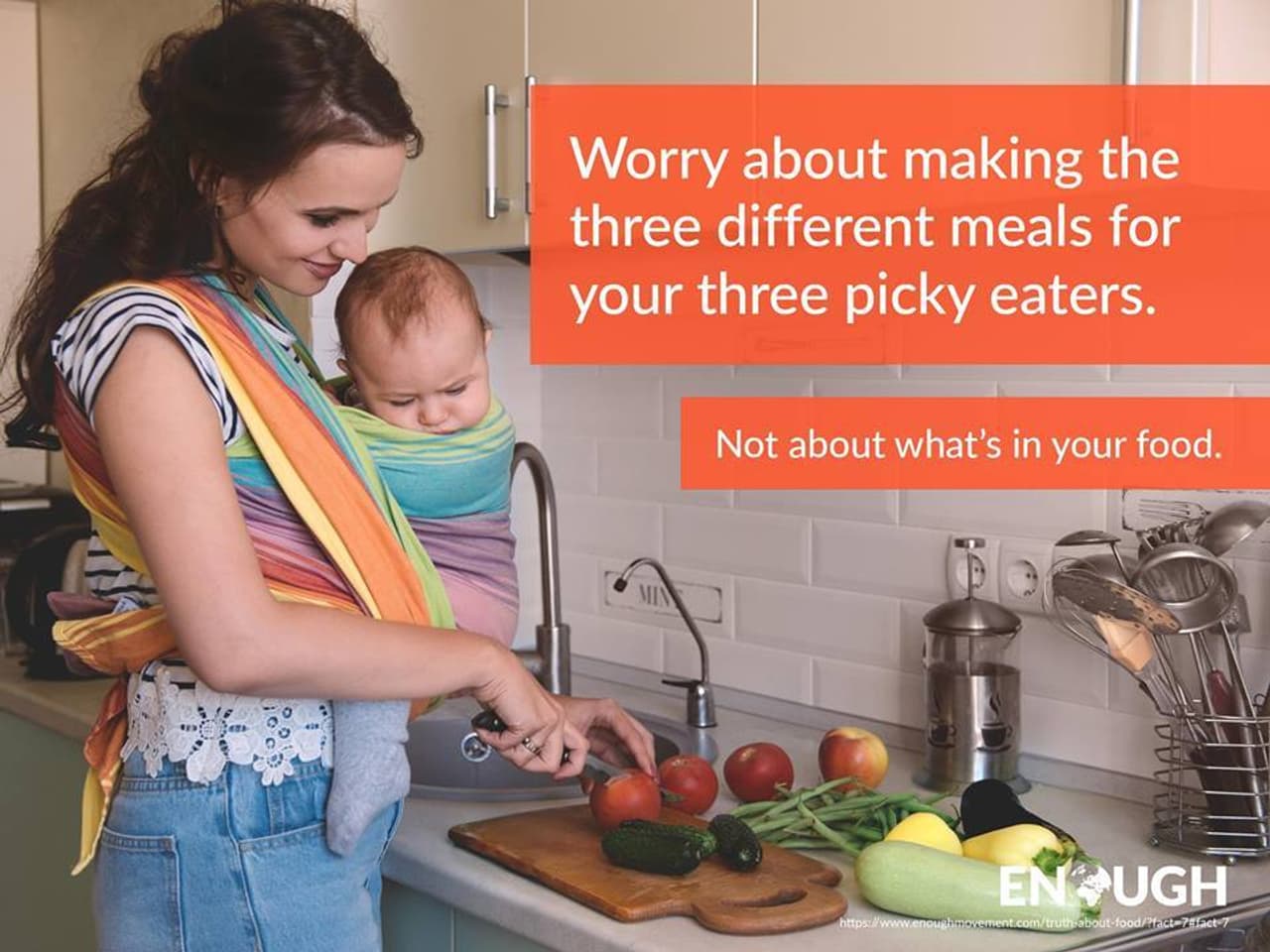
The story behind the mom, the chicken and the superbug threat
How clunky advertising campaigns are downplaying consumer concerns over giving antibiotics to animals
“How to survive as a working mom” is the title of a Facebook advert depicting a stressed woman with a baby on her lap and a phone under one ear, (pictured below). “Breathe”, the advert says, continuing: “Pour a glass of wine (if that’s your thing). Prepare your family the chicken. Whether the label says ‘no antibiotics’ or not, the meat and milk you buy is free of harmful residues from antibiotics.”
The ENOUGH Movement, the “global community” behind this advert, promises to tell you the truth about food. However, it’s a PR campaign funded by Elanco, a multinational animal drugs company which sells antibiotics for use on livestock. Elanco operates in more than 70 countries and accounted for 13% of the veterinary pharmaceuticals market in 2015. The company, which is a subsidiary of pharmaceutical giant Eli Lilly and Company, was valued at $14-16 billion last year.
Elanco, along with other organisations with vested interests, is using advertising campaigns to downplay consumer concerns over giving antibiotics to animals, the Bureau has found. Critics say agricultural and pharmaceutical organisations are using similar tactics to steer the debate about antibiotic use on farm animals as those employed by tobacco and oil companies during public health debates about smoking and climate change.
Mothers are clearly the target for many of the ENOUGH Movement’s adverts. Some refer to so-called “Mom-isms” and others, such as one titled “Eat. Sleep. Mom. Repeat”, make no reference to antibiotics or agriculture at all. Another, from its Twitter feed, reads: “Making mom friends can be difficult. Making food decisions doesn’t have to be. Whether the label says ‘no antibiotics’ or not, the meat or milk you buy is free of harmful residues from antibiotics.”
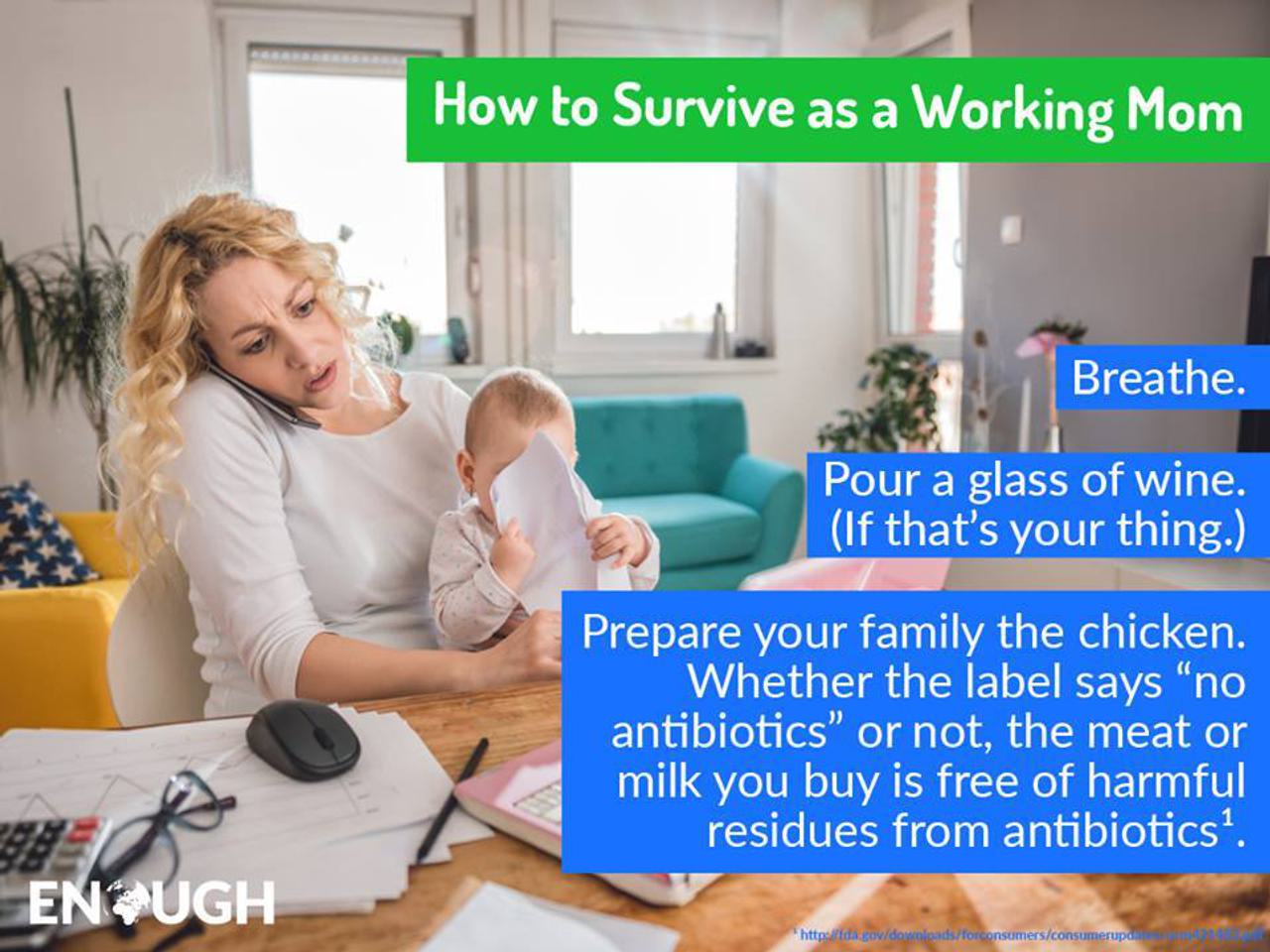
These adverts - just a handful of the many posted on social media by the ENOUGH Movement - refer to US Food Safety and Inspection Service (FSIS) testing, which makes sure the meat on supermarket shelves has no more than trace amounts of antibiotic. But many scientists are more concerned that agriculture’s use of antibiotics poses a greater public health threat than simply residues in meat: giving antibiotics to animals can breed “superbugs”, a type of bacteria that are resistant to the drugs used to treat them. The ENOUGH Movement potentially confuses consumers, who are increasingly looking for antibiotic-free meat, by shifting the debate from resistance to residues.
Sarah Sorscher, deputy director of Regulatory Affairs at the Center for Science in the Public Interest, said: “Ads like this are patronizing. Industry should be looking for ways to address valid consumer concerns. Instead, they’re trying to brush us off like we’re a bunch of hysterical women who just need a pat on the head and a good glass of wine to calm down.”
Besides a tendency for the ads to be “grossly sexist”, Dr Thomas Van Boeckel, an epidemiologist specialising in antimicrobial resistance, believes the Elanco adverts are “a classic strategy to divert the debate about residues rather than focusing on the core issue which is the selection for resistant bacteria in the live animals due to the constant exposure to those drugs on the farm.”
Scientists believe giving antibiotics to animals is one of the major causes of antimicrobial resistance. These resistant bacteria can spread from farms and infect humans through food, contact with farm workers or via soil and fertiliser. Drug resistance has been dubbed one of the greatest public health threats the world faces. It is estimated to kill 700,000 people worldwide, a figure which will rise to 10 million by 2050, if no action is taken.
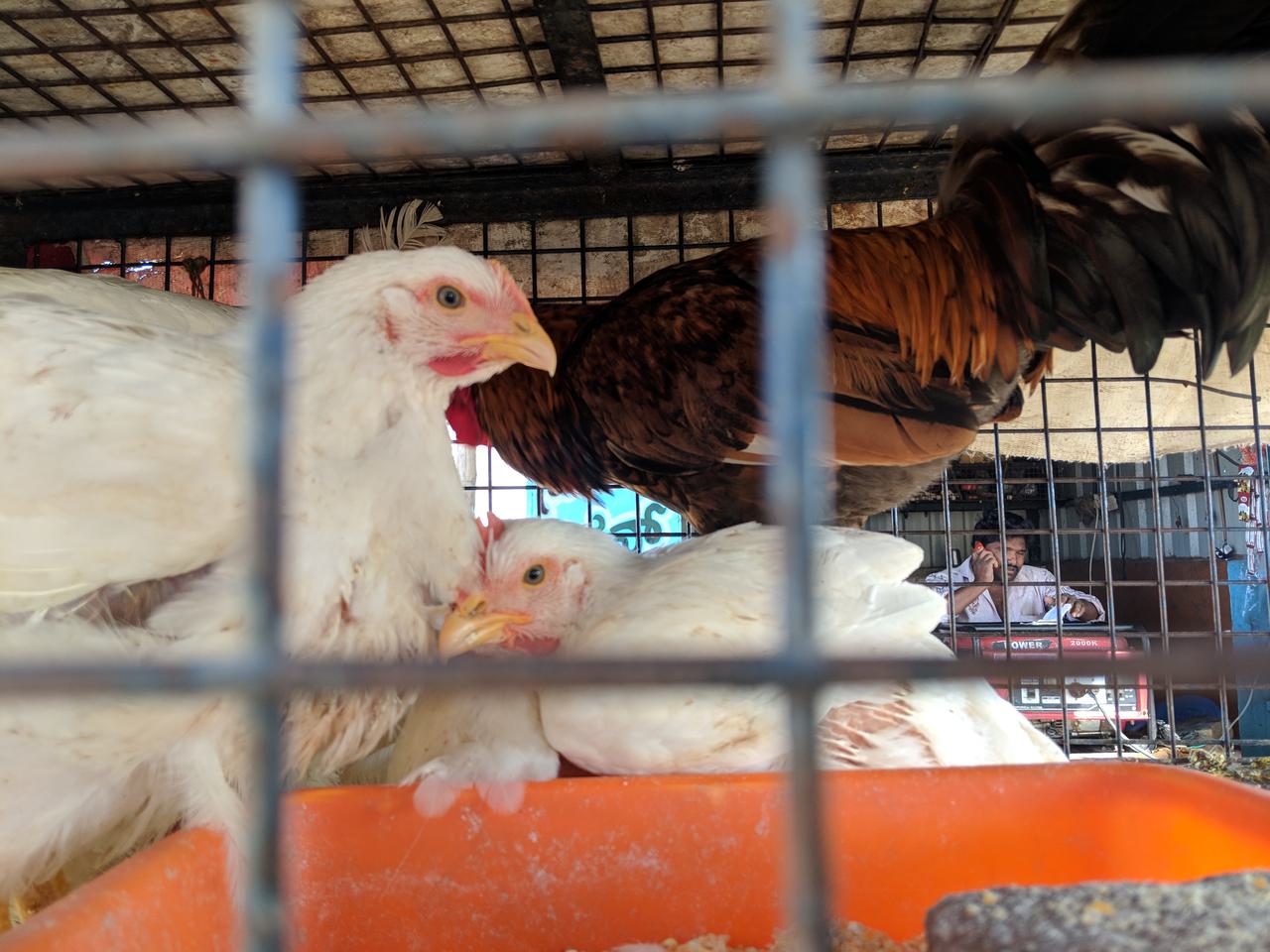
Ferd Hoefner, a senior strategic advisor at the Washington-based National Sustainable Agriculture Coalition, believes the way industry has responded to calls to reduce the amount of antibiotics in agriculture is strikingly similar to techniques adopted in the smoking and climate change fields: “They’re doing all the same kind of things - PR companies that are just constantly raising doubts. They’ve turned that kind of thing into an art form.”
Prof Ramanan Laxminarayan, director of the US-based Center for Disease Dynamics, Economics and Policy, agrees: “It’s not surprising. It’s pretty standard. In the case of tobacco the industry played down the effects of smoking, [saying] ‘a few cigarettes won’t hurt you’. They tried to appeal to women by making smoking Virginia Slims a sign of the feminist movement.”
He added: “The truth is that companies like Elanco are likely to face significant financial hardship, given that many of the world’s consumers will no longer want to buy meat raised on antibiotics.”
There is now a widespread scientific consensus that giving antibiotics to animals can fuel resistance in bacteria which infect humans. In a 2016 report commissioned by the British government, former economist Lord Jim O’Neill found that out of 139 academic studies, excluding those funded by industry or government bodies, 72% supported evidence of a link between antibiotic consumption in animals and resistance in humans. Only 5% argued that there was no link.
Of the studies compiled by Lord O’Neill, the most recent academic paper to find no link was written by a student at a Hawaiian high school, in 2005. Out of four industry funded papers identified by the review, two didn’t support evidence that banning agricultural antibiotic use would have an effect on the level of resistance in humans.
Even so, one of those industry-funded papers said that stricter regulation of newer antibiotics in agriculture could potentially extend their effectiveness in humans. The authors of the study - which was funded by Pfizer, one of the world’s biggest drug companies, and published in 2002 - suggested that recently discovered antibiotics should be used prudently on farms before resistance emerges. But they argued that controlling the use of antibiotics in agriculture after resistance has already emerged will have little impact on the number of superbugs in hospitals.
Make change possible
Investigative journalism is vital for democracy. Help us to expose injustice and spark change
Click here to support usThe Elanco-funded ENOUGH Movement reads like a humanitarian report, offering “practical solutions” on ensuring there is enough food for everyone as the population grows. The ‘movement’, which includes a report, a website and social media adverts, promotes modern farming procedures that could ensure a steady supply of meat and dairy. The campaign’s Facebook page has more than 20,000 followers and Elanco claims that its messaging has one million impressions online per week.
The continued use of antibiotics on farms is necessary to feed the world, according to the advertising campaign. Antibiotics are a “vital tool in protecting animal health and ensuring a healthy, safe food supply”, one advert says. Elanco commissioned editors associated with Elite Media, a company which provides “advocacy, research and content support for lobbyists”, to author a Europe-focused version of the report, according to the Elite Media website. Elite Media bills itself on its website as “a vibrant company…[we] are all alumni of The Economist, a brand that continues to underpin many of the qualities we offer.” Elite Media told the Bureau Elanco did not directly hire the services of the company and the report was not directly linked to it.
In response to the Bureau’s findings, Elanco said: “The ENOUGH Movement works to bring awareness to food security and answer consumer questions about how food is produced. Recent labelling initiatives have increased consumer questions about antibiotic use in animals. And we have a responsibility to answer those concerns, especially when it comes to the safety of the food we eat.”
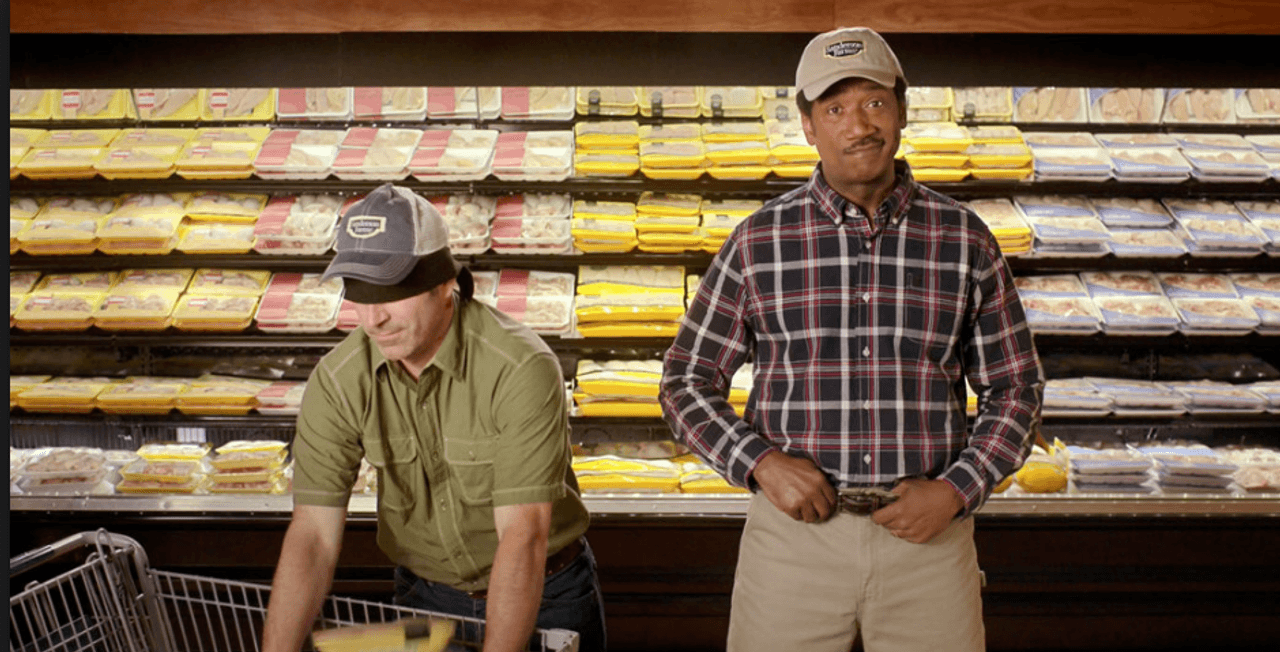
Sanderson Farms - pursuing its Truth about Food campaign
Sanderson Farms, the third largest poultry producer in the US, launched a similar campaign to Elanco in 2016, as its CEO called meat labelled as antibiotic-free as “misleading”. In one TV advert, (pictured above) a man in a supermarket, dressed in a plaid shirt, khakis and a cap, says: “Some chicken companies try to get you to spend more money by using labels like ‘raised without antibiotics’. At Sanderson Farms, we don’t believe in gimmicks like that. No antibiotics to worry about here.” Last month, a report by investors’ group, Farm Animal Investment Risk and Return, and covered by the Bureau, ranked Sanderson Farms among the worst companies for its policies on antibiotic use in animals.
Sanderson Farms did not respond to a request for comment, but a statement on its website says it is “committed to taking steps toward finding alternative ways to control disease to reduce antibiotic use, and to work with its drug suppliers to phase out the use of antibiotics that are important to human medicine when alternatives become available”.
Although the majority of the scientific community accepts antibiotic use on farms is a genuine threat to human health, the true scale of the problem remains unknown. This gap in knowledge has proved fertile ground for the agricultural and pharmaceutical industry to suggest the threat may be at most minimal.
Not only are companies such as Elanco and Sanderson Farms targeting consumers with adverts, the pharmaceutical and agricultural industries are also pumping money into scientific research on antibiotic resistance. Some of these studies either play down the potential risk to human health from antibiotic use in farm animals or support claims that more research is needed before policy decisions are made.
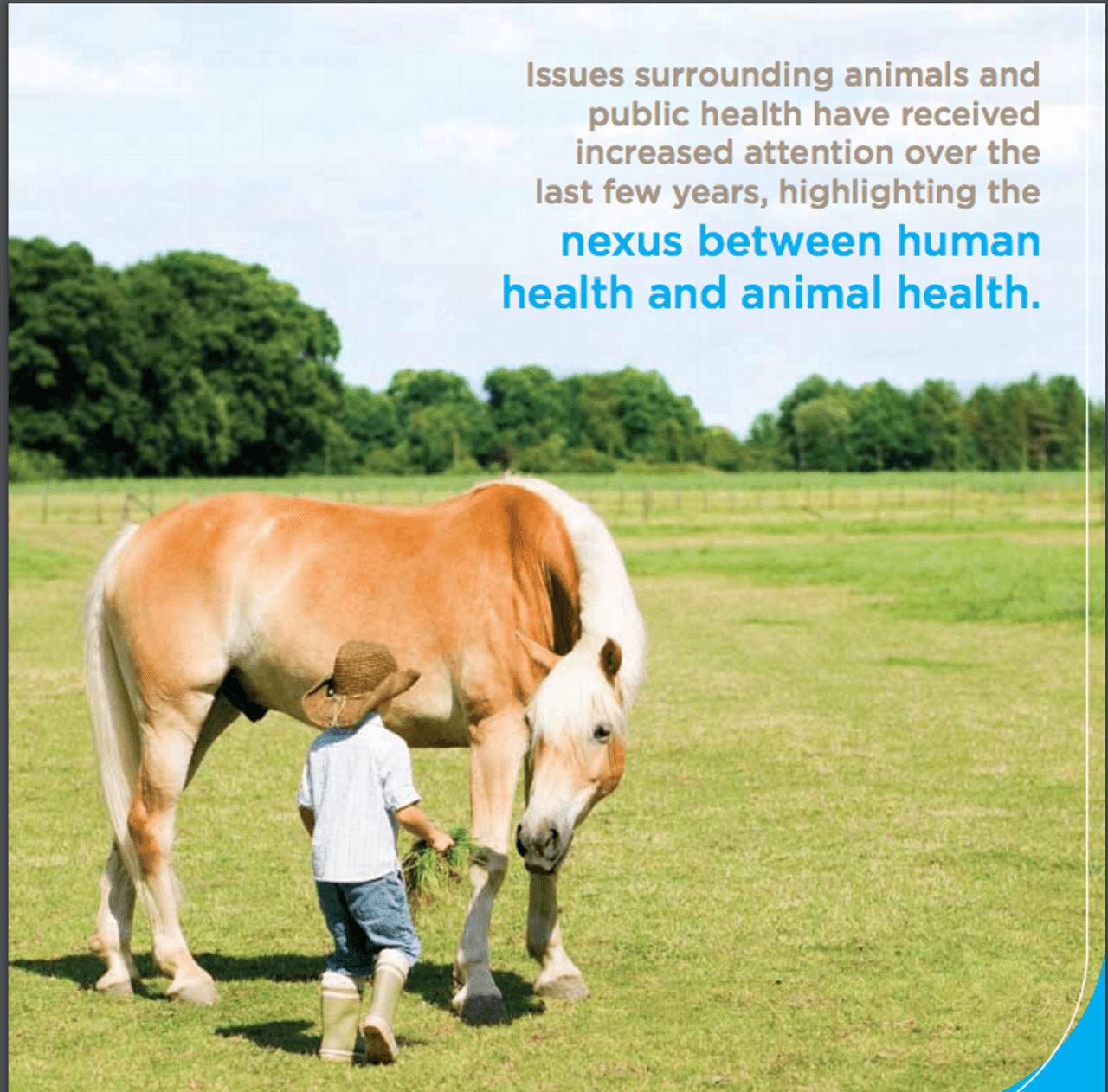
The role of the Animal Health Institute
Elanco has indirectly funded studies which point to the need for more research on the link between antibiotic use on farms and resistant infections in humans. Along with other major pharmaceutical companies, including Bayer Animal Health and Boehringer Ingelheim, it is one of 13 members of the US-based Animal Health Institute (AHI), which has funded this work. Eight out of the 13 AHI members listed on its website sell antibiotics for use in farm animals. AHI also spent almost $700,000 on lobbying between 2013 and 2017, according to the Washington-based research group, the Center for Responsive Politics.
While the AHI funded an important early study in 1976, which found that feeding antibiotics to animals leads to antibiotic resistance that can spread to farmers, since then the studies it has funded have generally been less definitive. In 2016 and 2017 AHI was acknowledged as the source of funding in two studies which highlighted the need for more research on antibiotic use on farms and the impact on human health. While many agree more research is needed, both these studies focussed on the extent that antibiotic use in agriculture contributes to resistant bacteria found on meat. Many feel the more pressing concern is that it is causing more resistance in the environment.
A press release published by AHI to promote the 2016 study was headlined: “New research examining link between antibiotic use in farm animals and antibiotic resistance in humans leads to more questions”. The AHI said the review of 195 studies found no conclusive evidence of a definitive link between use of antibiotics in food animals and emergence of drug-resistant campylobacter, a bacteria that is a common cause of food poisoning. This appears to contradict the decision by the Food and Drug Administration to ban a fluoroquinolone antibiotic used in poultry in 2005 due to concerns about resistant bacteria, including campylobacter, salmonella and E.coli.
AHI said it was committed to increasing “knowledge, transparency and communication” and “the funding of third-party research is one way we contribute to the knowledge about antibiotic resistance and use.”
 Copyright unknown; Tony Cox presenting at a Society for Risk Analysis Webinar on June 29, 2016
Copyright unknown; Tony Cox presenting at a Society for Risk Analysis Webinar on June 29, 2016
Some pharmaceutical companies have turned to an influential scientist, Dr Tony Cox, who has previously also consulted or done research for tobacco companies and the oil industry and whose credibility was on one occasion described by a judge as “severely compromised”.
The tobacco giant Philip Morris International, which owns the Marlboro brand, partly funded research by Cox which indicated that the dangers of passive smoking could be exaggerated.
Another Cox study, funded by the American Petroleum Institute, which represents the major oil companies, questioned the evidence that emissions from car exhausts could cause heart disease.
Concerns were raised in some quarters when President Trump’s administration appointed Dr Cox to the Scientific Advisory Committee of the Environmental Protection Agency, which advises on major policy decisions.
Veterinary drug companies Elanco, Phibro - which is also a member of AHI - and Alpharma have all contributed funds to work on antibiotic resistance carried out by Dr Cox.
The US National Pork Board funded work by Cox which suggested the risk of humans dying as a result of superbugs caused by feeding antibiotics to farm animals was low.
In all these instances cited by the Bureau the authors confirm funders have no involvement in the contents of the study, its results and conclusions and there is no suggestion Dr Cox has acted inappropriately when carrying out research.
In 2003, the FDA proposed banning the treatment of drinking water given to chickens with Baytril, a fluoroquinolone antibiotic marketed by Bayer, due to concerns about resistant bacteria. The World Health Organisation classifies fluoroquinolones as “critically important” to human healthcare. In its challenge to the proposal, Bayer called on Dr Cox as an expert witness. But the judge dismissed Dr Cox’s testimony saying his “credibility is severely compromised and his testimony cannot be relied on”.
“This witness admits to altering quoted material from published articles,” the judge said. “He contends that editing quoted material is fair as long as it does not change the context and admitted that this is the way he quotes other sources throughout his testimony.”
The judge also struck from the record one of the exhibits cited in the case by a representative of AHI, who Bayer also used as an expert witness as “it was found to be altogether unreliable”.
Dr Cox told the Bureau: “Antibiotic policy in agriculture has been highly politicized in the U.S. in recent decades, with both sides engaging in lobbying, funding of university studies, editorials in scientific journals, headlines in the media (predominantly from those who oppose animal antibiotic use), and advertising.”
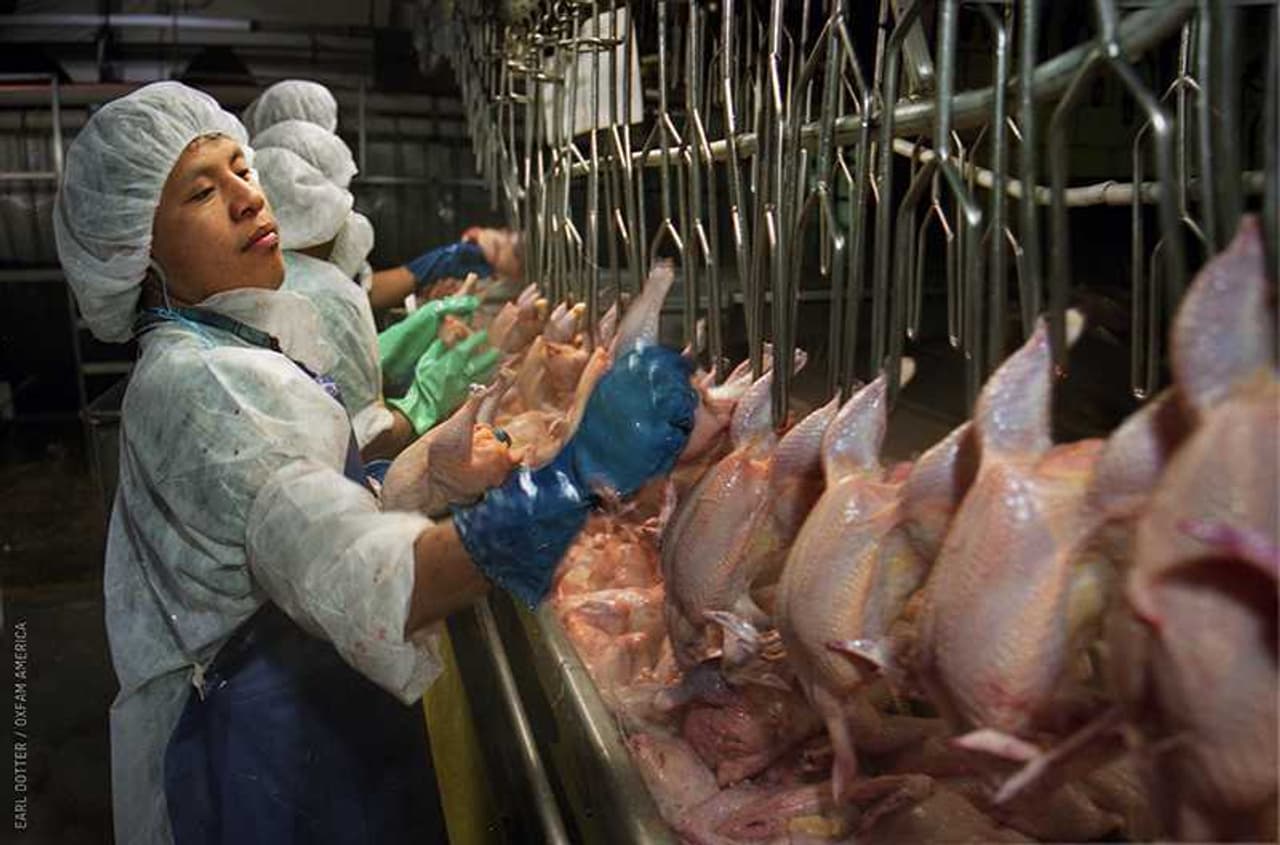
A number of companies have vigorously opposed stricter regulations arguing that, without antibiotics, not only will animal welfare be compromised but also that food prices will increase. Until 2017 antibiotics were widely used as growth promoters on US farms, helping livestock grow fatter more quickly. When farm animals are sick it is sometimes necessary to give them antibiotics. But US farmers are still allowed to routinely give them to healthy animals to control disease, a practice many believe can often take place as a way of dealing with overcrowding and poor hygiene.
Dr James Rogers, director of Food Safety Research & Testing at Consumer Reports and a former FSIS employee, said: “There is intense pushback because we are talking about an economic effect, that if they were not allowed to use antibiotics, especially for growth promotion, you’re going to get fewer pounds per chicken, which means less money.”
In November the US Department of Agriculture rejected further restrictions recommended by the World Health Organisation (WHO). The guidelines proposed a ban on giving healthy animals antibiotics important for human medicine. The USDA acting chief scientist, Dr Chavonda Jacobs-Young said they were “not in alignment with US policy and not supported by sound science”. Hoefner, who is a regular attendee at the monthly meetings between industry representatives and USDA officials, described her comment as “outrageous”, given the weight of knowledge behind the WHO guidelines.
Last year agribusiness organisations, including all livestock, crop and tobacco industries, spent more than $131m on lobbying in the US, according to the Center for Responsive Politics. Critics say industry is perceived to have been able to tighten its grip on the USDA during the Trump administration, especially on the issue of antibiotic use. Hoefner said: “We were making some inroads in the last administration here in the US, but even then it was difficult. We weren’t making huge strides but we were making some strides. But now it’s totally impossible so we’ll just have to wait this out.”
But Prof Laxminarayan is more hopeful. Referring to Elanco’s ENOUGH Movement, he said: “I see all of this as the last cries before it goes down,” adding: “it will still have a role in animal health, but the days of pushing antibiotics in livestock for growth promotion, their widespread use on farms to prevent disease, are soon to be over.”
The Bureau's work on global superbugs is part-funded by the European Journalism Centre's Innovation in Development Reporting Grant Programme, which receives a grant from the Bill and Melinda Gates Foundation.
Header image, screenshot of an Elanco ad defending the use of antibiotics.


